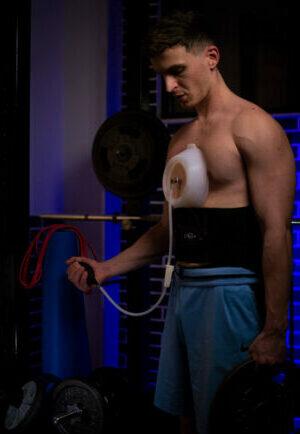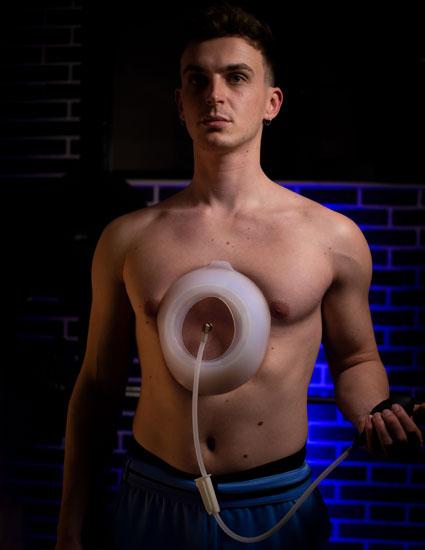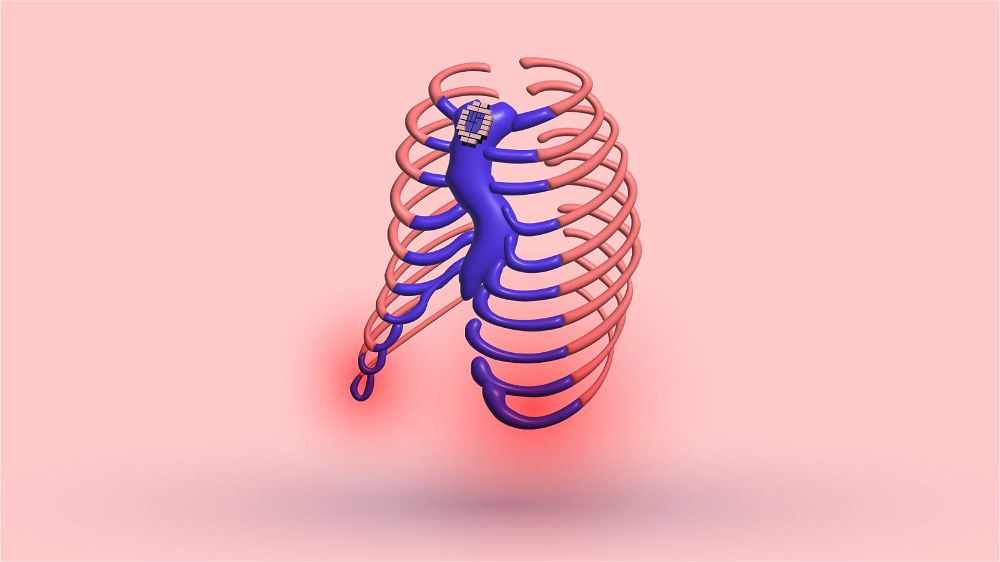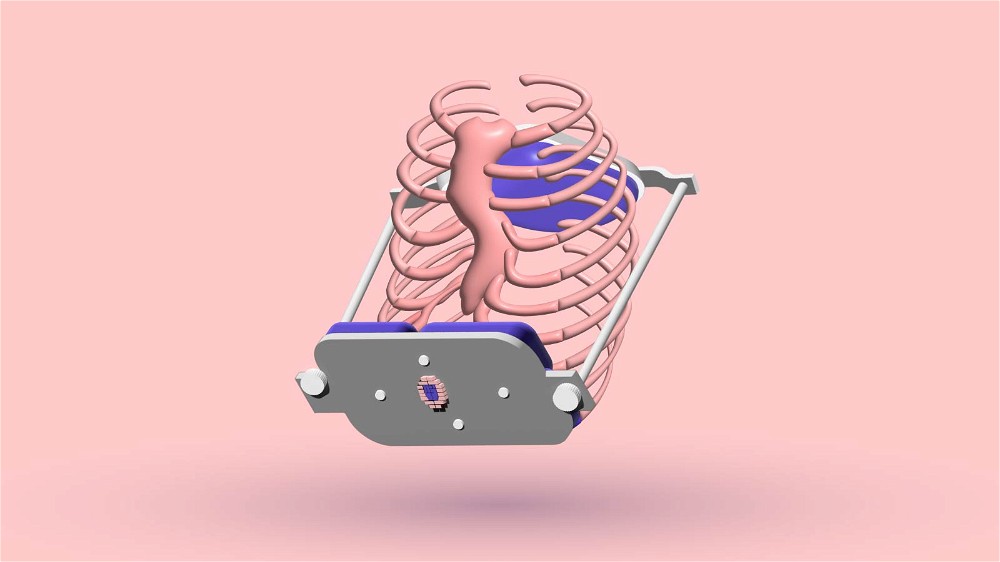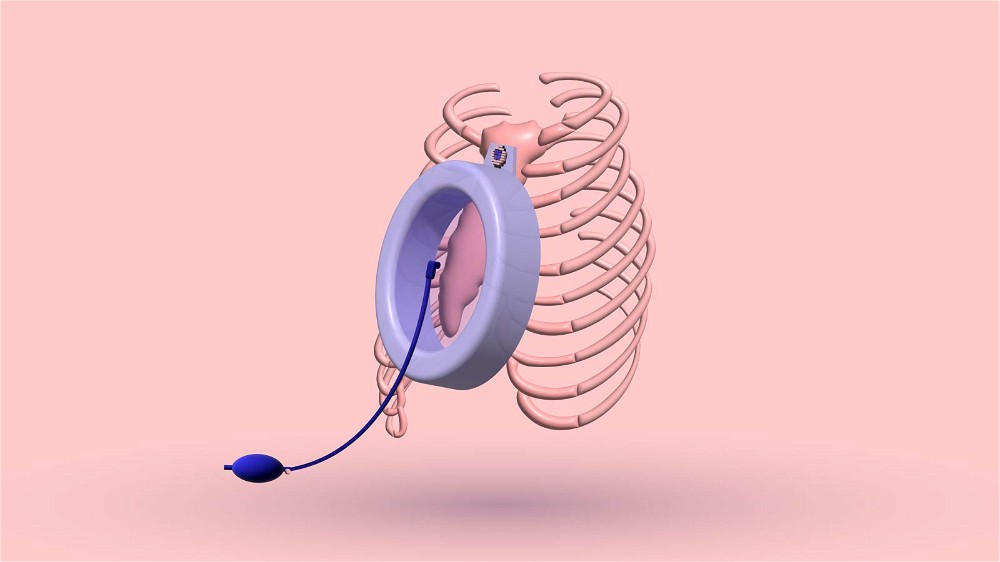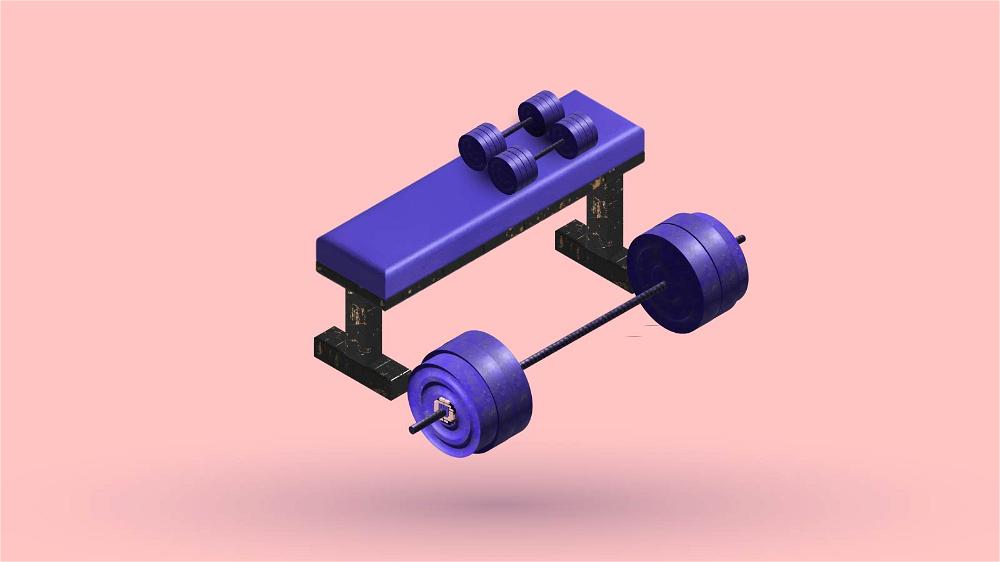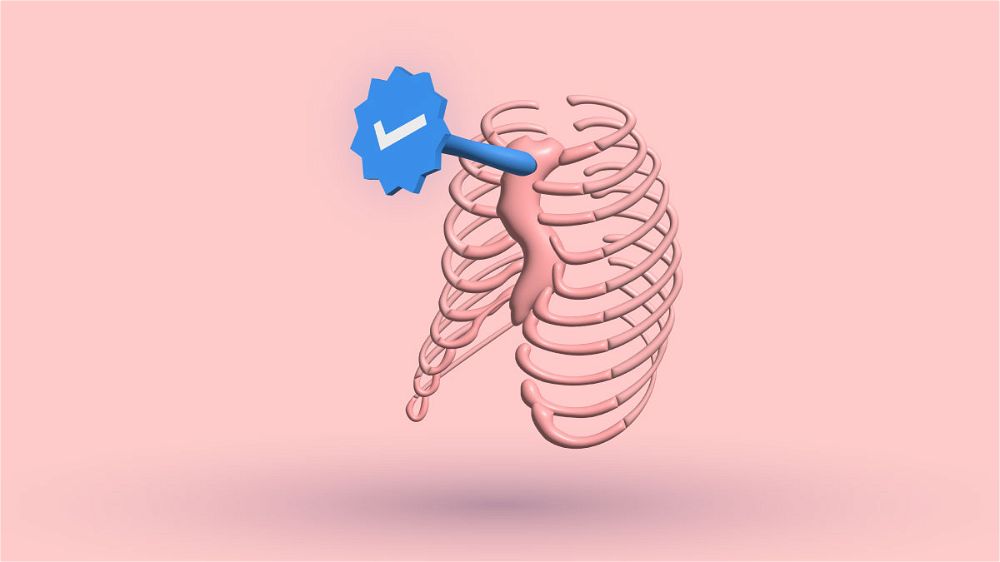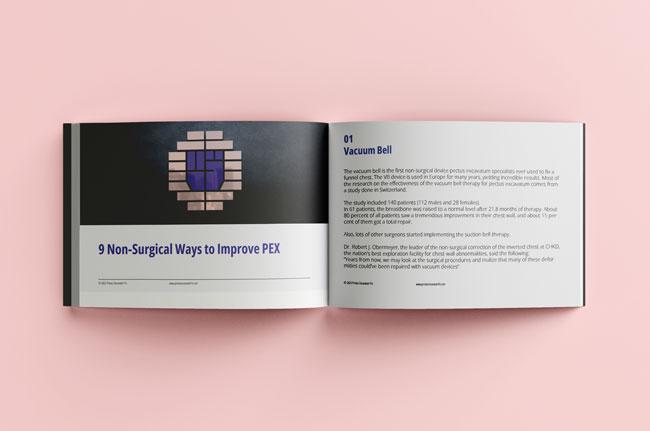Other than the main issue that pectus excavatum causes, lung compression, there is another serious problem and that is heart compression, which can mess up the blood flow.
When the heart is under sternum pressure, many problems can arise. Such are circulation issues.
Poor circulation is a symptom of many different disorders rather than being a condition in and of itself. Heart problems and vascular problems are among the most typical reasons.
The coldness of the hands and feet is one of the most frequent signs and symptoms of circulation issues.
Although there is no reliable evidence that this phenomenon is closely related to pectus excavatum, the connection between the heart problem and circulation is sufficient evidence.
Cold feet and purple hands
Your hands and feet may get cold because of your poor blood circulation due to your severe pectus excavatum condition.
Patients with more severe dents in the chest may often experience cold hands and feet.
Many pectus patients, including me, have this problem.
But what is also intriguing is the appearance of a change in color on the palms. I have that issue, and I have noticed that it happens more frequently when the weather changes dramatically, especially from hot to cold.
The fingers and half of the palm turn a blue-violet color.
How I Deal With It
At first, it bothered me more, but now I accept it as a part of me. However, I try to manage it by implementing healthy foods and workouts.
So, it used to happen to me more often earlier, but now it only occurs in cases of a more drastic temperature difference.
With a regular exercise routine and cardio, this problem has decreased, although it has not disappeared completely.
Many people with chest deformities have shared different experiences with cold extremities. Some say they feel tingling, even numbness, in their arms.
Why It Happens
Cold hands are usually just one of the body's attempts to regulate its temperature and often should not be the reason for alarm.
However, changes in skin color, in particular, could be a warning indicator and a signal to consult a doctor for a better understanding of your condition.
So if you have any of these feelings, which are very common and they worry you, seek medical help and advice.
Often it may not be a danger or even correlated with pectus, but it is still good to be sure what the cause is.
Daily exercises can help your circulation
Working out daily and having a routine can help you keep a good and improve your blood circulation while also benefiting your pectus excavatum case and overall health.
Any form of activity, such as regular exercising in the gym, or even regular long walks, can help improve your circulation and thus reduce additional symptoms.
Have this as a tip whenever your feet and hands get cold. A quick workout or even a 10 min walk can help you.
Two methods for better circulation
Healthy diet
Eating healthy foods will stimulate blood flow and help you with poor circulation. Eat food rich in antioxidants, nitrates, and vitamins.
Hydration
Water is essential in all areas of our health, including circulation and heart health. Dehydration can cause cell damage and inflammation in our bodies, which limits blood flow.
Is it advisable to test your circulation at home?
You may find various examples online of at-home tests to evaluate your circulation. Such as test where you need to hold your palms in front of you and watch whether they go pale would mean that you have poor circulation.
These are not, however, something I would advise because this is an issue for which we should seek professional advice.
I do not deny the possible accuracy of these tests, but I still believe you should not be left to determine your condition on your own and risk your health.
Bottom Line
Although one of the main ways to improve circulation is with the help of medications, there are still many natural ways to improve it when having chest malformation.
Adequate healthy food, hydration, and daily activity are crucial for every pectus patient to improve their circulation and overall health.
Poor circulation can often be closely related to chest deformity because the pressure on the heart by the sternum can cause it.
Because of that, all pectus patients must practice these few healthy habits to prevent more symptoms, such as cold feet and hands.
However, consult a doctor if you constantly feel cold hands and feet, regardless of the weather or temperature around you. There could be an underlying sickness or condition that may require medical treatment.
See a doctor if you have other symptoms, such as purply/blue-colored fingers or toes, difficulty breathing, or pain.
Please share with us if you also believe these symptoms of cold extremities are related to pectus and how you deal with them.
I hope you found this blog post helpful and thank you for reading it.
5 Sources
- Pectus Excavatum [Internet]. [cited 2023 Mar 27]. Available from: https://www.wakemed.org/wakemed-physician-practices/specialties/pediatric-surgery/services-and-specialties/pectus-excavatum
- Cold hands [Internet]. Mayo Clinic. [cited 2023 Mar 27]. Available from: https://www.mayoclinic.org/symptoms/cold-hands/basics/definition/sym-20050648
- 7 Reasons For Cold Hands & Feet | Holland & Barrett [Internet]. [cited 2023 Mar 27]. Available from: https://www.hollandandbarrett.com/the-health-hub/conditions/what-causes-cold-hands-and-feet/
- The 14 Best Foods to Increase Blood Flow and Circulation [Internet]. [cited 2023 Mar 27]. Available from: https://www.healthline.com/nutrition/foods-that-increase-blood-flow#TOC_TITLE_HDR_16
- These Seven Easy DIY Tests Can Signal When It’s Time to See the Doctor [Internet]. [cited 2023 Mar 27]. Available from: https://www.texashealth.org/areyouawellbeing/Staying-Fit/easy-diy-test-signal-time-see-doctor


